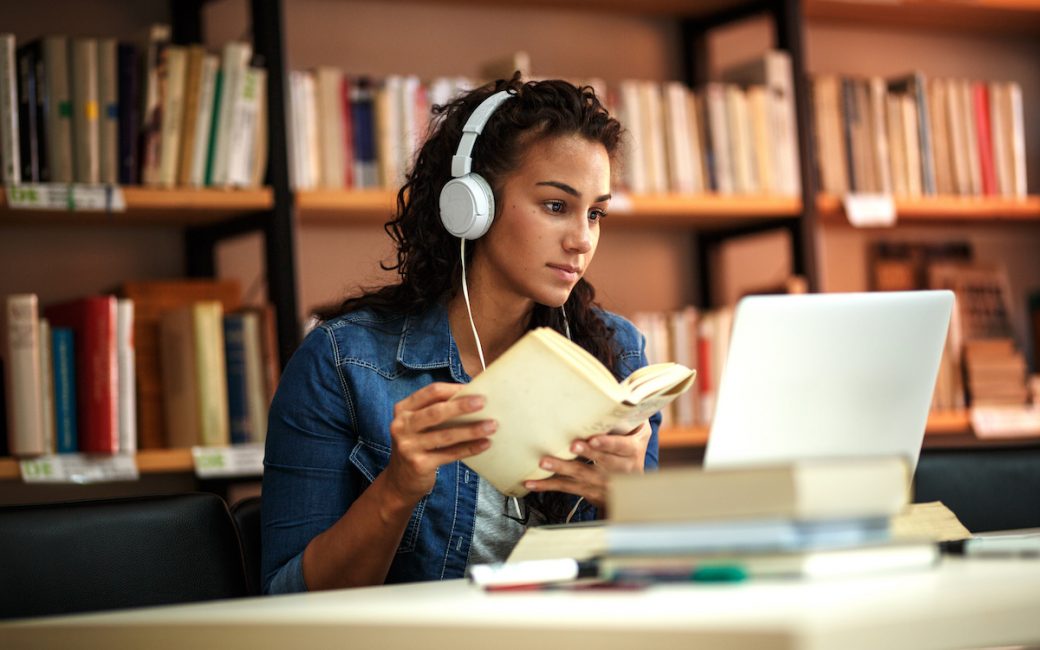The education system in British Columbia (BC) offers a wide array of choices for students and parents. One of the crucial decisions that families face is choosing between public and private schools. In this comprehensive guide, we will delve into the key differences between these two options, including curriculum, funding, class sizes, and the application process. By the end of this article, you’ll have a better understanding of which type of school may be the best fit for your child’s educational journey in BC.
Public Schools in BC
Curriculum
Public schools in BC follow a standardized curriculum mandated by the BC Ministry of Education. This means that students across the province receive a consistent educational foundation. The curriculum covers a wide range of subjects, with a focus on core academic disciplines.
Funding
Public schools are primarily funded by the government through taxpayer dollars. This funding model ensures that public schools are accessible to all children in the province. However, it can also lead to budget constraints and limitations on resources and programs.
Class Sizes
Public schools in BC often have larger class sizes compared to private schools. This can result in higher student-teacher ratios, which may affect the level of individualized attention students receive.
Application Process
Enrolling in a public school in BC is typically based on geographic location. Students are assigned to schools within their catchment area, which is determined by their residential address. The application process is straightforward and involves registering with the local school district.
Private Schools in BC
Curriculum
Private schools in BC have more flexibility when it comes to curriculum. While they must meet certain educational standards set by the Ministry of Education, they often offer specialized programs and curricular options that cater to specific interests or teaching philosophies.
Funding
Private schools rely on a combination of tuition fees, donations, and grants to fund their operations. This financial independence allows them to invest in additional resources, extracurricular activities, and specialized programs.
Class Sizes
Private schools in BC are known for their smaller class sizes. This means that students in private schools often benefit from more personalized attention from teachers, potentially enhancing their learning experiences.
Application Process
The admission process for private schools varies but generally includes an application, an interview or assessment, and the payment of tuition fees. Some private schools also offer financial aid or scholarships to help families with the cost of tuition.
Comparing Public and Private Schools
Academic Performance
Academic performance can vary between public and private schools, but it’s important to note that there are high-achieving schools in both sectors. Factors influencing academic outcomes include teaching quality, resources, and student motivation.
Extracurricular Activities
Both public and private schools in BC offer extracurricular activities, but private schools may have a wider variety of options due to their financial resources. These activities play a crucial role in students’ personal development.
Diversity and Inclusion
Public schools tend to have more diverse student populations, reflecting the broader community. However, private schools are increasingly focused on fostering diversity and inclusion through various initiatives.
Support Services
Support services for students, such as counseling and special education programs, are available in both public and private schools. The accessibility and effectiveness of these services can vary between institutions.
Making the Right Choice
Factors to Consider
When deciding between public and private schools in BC, parents should consider their own values and preferences, as well as the needs and goals of their children. Each family’s situation is unique, so what works best for one may not be the ideal choice for another.
Tips for Parents
- Conduct Research: Take the time to research schools in your area, both public and private.
- Visit Schools: Attend open houses or tours to get a feel for the school’s environment and culture.
Conclusion
Choosing between public and private schools in BC is a significant decision that requires careful consideration. It’s essential to find the right fit for your child’s educational journey. By being informed and exploring your options, you can make the best choice for your family.
Additional Resources
For more information on schools in BC, you can visit the following websites:
Conclusion
In this comprehensive guide, we’ve explored the differences between public and private schools in British Columbia. Whether you prioritize standardized curriculum and accessibility or seek specialized programs and smaller class sizes, BC offers a diverse range of educational options. By considering your family’s unique needs and values, you can make an informed decision that sets your child on a path to success in their education.






